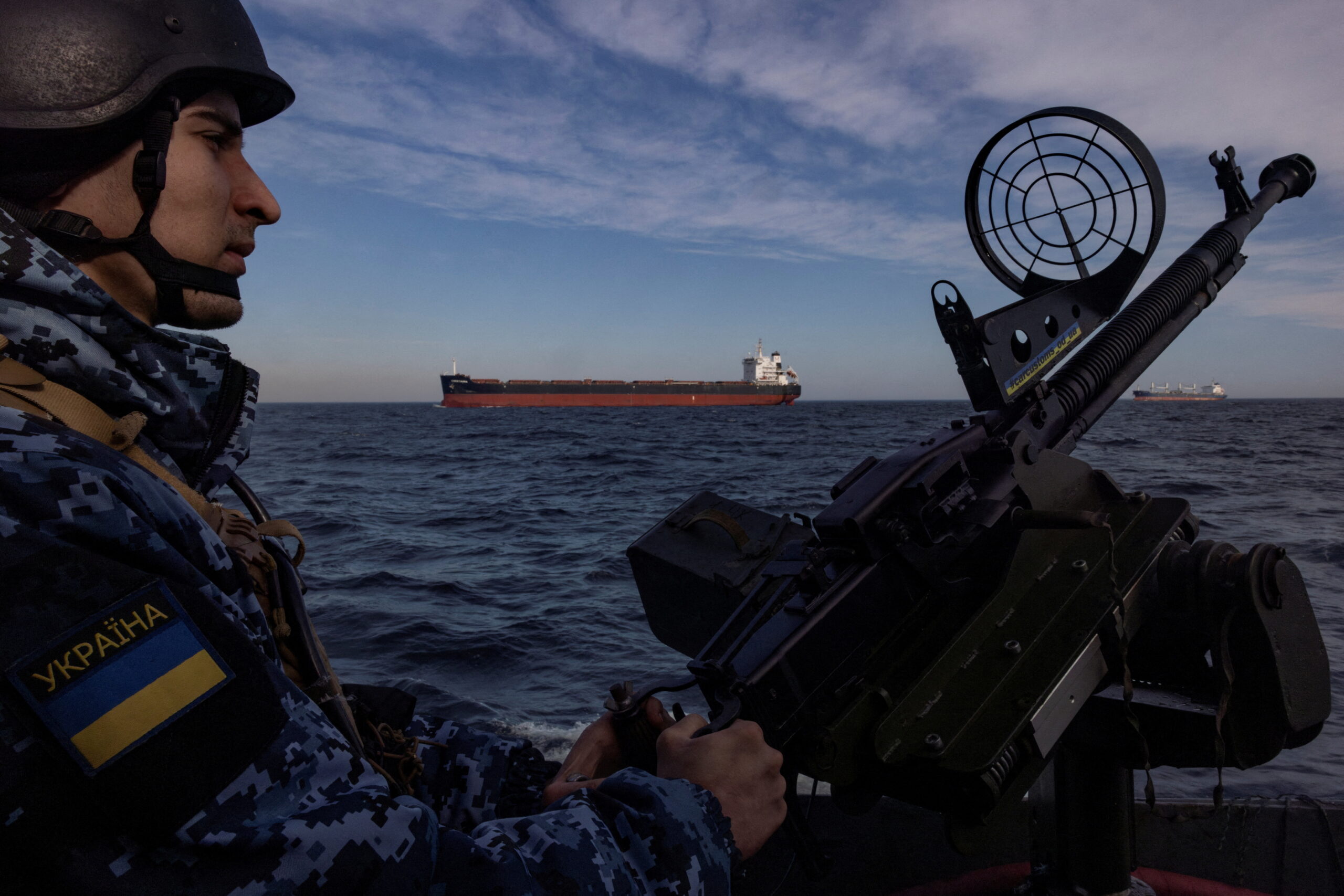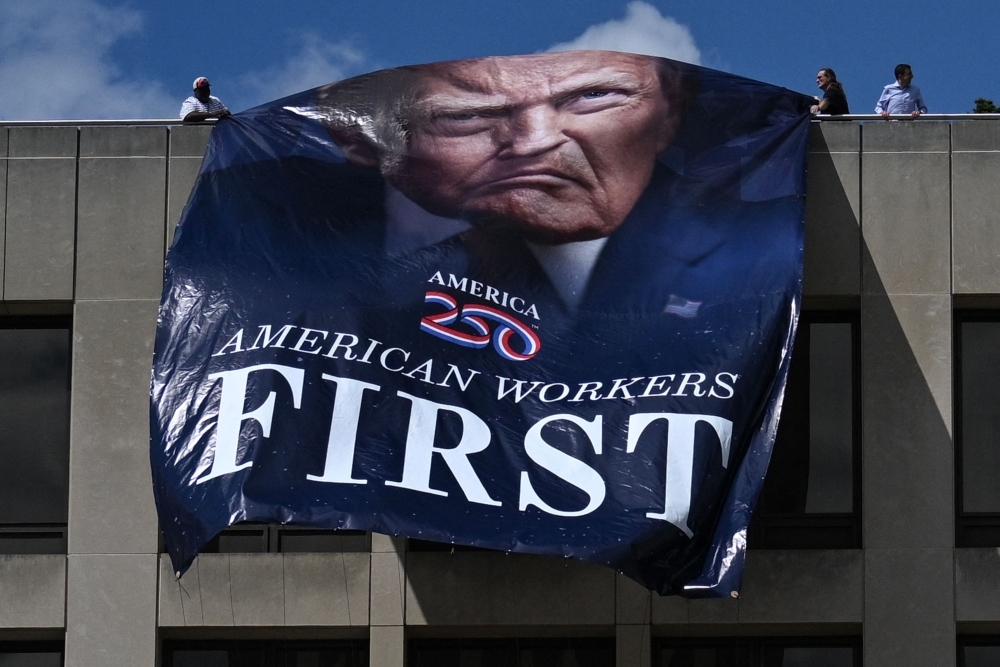In a defining moment for the future of Gaza, the UN Security Council on Monday approved a US-led plan that authorizes an international stabilisation force to secure and support the war-torn territory. The plan also lays the groundwork for what could become a long-awaited pathway toward an independent Palestinian state.
The resolution passed with a 13-0 vote. Russia and China abstained, but neither exercised their veto power — a critical factor in allowing the plan to move forward after days of diplomatic uncertainty. For many global observers, this vote marks a pivotal shift toward shaping Gaza’s post-war landscape, following two years of conflict between Israel and Hamas.
Arab and Muslim nations had made it clear: without Security Council authorization, their participation in any international force would be nearly impossible. The adoption of this resolution now opens the door for their involvement, signaling a rare moment of unified urgency across regions that have long disagreed on strategy.
A New Framework for Gaza’s Future
The resolution endorses President Donald Trump’s 20-point ceasefire plan, which includes establishing a new transitional entity called the Board of Peace, to be led by Trump himself. The stabilisation force is granted an extensive mandate, including securing the borders, restoring order, and overseeing the demilitarisation of Gaza. This authority extends until the end of 2027.
One of the most debated portions of the resolution centered on Palestinian statehood. Arab nations pushed firmly for stronger language, arguing that without a credible commitment to self-determination, any long-term solution would be incomplete. Responding to this pressure, the US revised the text to acknowledge that once the Palestinian Authority implements reforms and Gaza begins meaningful redevelopment, the conditions may finally support a “credible pathway to Palestinian self-determination and statehood.”
The resolution further commits the US to facilitating a new dialogue between Israel and the Palestinians in hopes of defining a sustainable political horizon.
Strong Reactions From Israel and Arab Nations
Israeli Prime Minister Benjamin Netanyahu rejected any implication of a future Palestinian state, stating he would oppose all efforts that he believes might reward Hamas or threaten Israel’s security.
Meanwhile, key Arab and Muslim nations — including Qatar, Egypt, UAE, Saudi Arabia, Indonesia, Pakistan, Jordan, and Turkey — collectively urged the Security Council to adopt the plan swiftly. Their support played a significant role in bringing the resolution to life.
Russia’s Alternative Plan
Russia, which abstained from the vote, had unexpectedly introduced an alternative resolution just days earlier. Their proposal pushed for stronger statehood language, reaffirmed Gaza and the West Bank as a unified Palestinian state, and removed references to the transitional Board of Peace. It also asked the UN Secretary-General to outline options for an international force without granting the US-led plan automatic priority.
Ultimately, Russia’s proposal did not gain traction, clearing the way for Monday’s vote.
What the Stabilisation Force Will Actually Do
Under the new resolution, the international stabilisation force is empowered to:
-
Oversee the demilitarisation of Gaza
-
Decommission weapons from non-state groups
-
Secure border regions alongside a vetted Palestinian police force
-
Coordinate humanitarian aid and maintain essential security corridors
-
Work closely with Egypt and Israel throughout the transition
As stability increases, Israeli forces are expected to withdraw based on benchmarks linked to demilitarisation — benchmarks that must be agreed upon by the international force, Israel, the US, and ceasefire guarantors.




